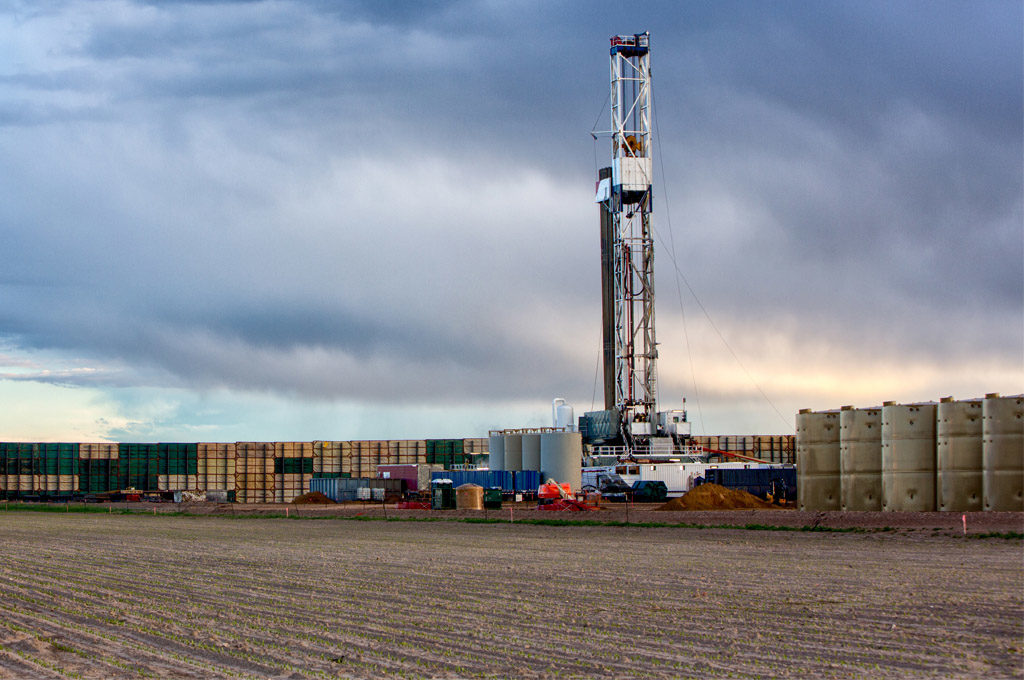Course Details
Your Growth, Our Mission

Course Description
The Training Course Will Highlight ?
This training course will feature:
- How to identify candidate wells for horizontal drilling, design horizontal and multilateral well profiles
- Understanding single and double build curve
- Calculating torque and drag
- Understanding kick off methods, compile a drilling and completion program and estimate wellbore stability mud weights.
Training Objective
By the end of this BTS training course, participants will be able to:
- Interpret TVD, polar, rectangular coordinates, dogleg severity and the problems associated with it
- Interpret torque and drag and what factors affect those in the drilling process
- Understand main concepts associated to well path planning
- Recommend suitable measures to mitigate operational issues related to directional and horizontal drilling
- Understand main concepts associated to well construction of multilateral wells.
Target Audience
Drilling Engineers, Senior Drilling Engineers, Drilling Supervisors, Drilling Superintendents, Petroleum Engineers, Completion Engineers, Tool Pushers, Reservoir and Senior Reservoir Engineers, Geologists, Production and Completion Engineers, Foremen, Workover Engineers, Petroleum Engineers, Completion Engineers, Tool Pushers, Reservoir and Senior Industry Personnel, Lifting Personnel, Maintenance Engineers, Technologists, Mud Engineers, Well Site Supervisors, Drilling Contractors, Drilling Supervisors, Completion Engineers, Completion Supervisors, Drilling Managers, Drilling Technical Support Personnel, Trainee Drillers, Rig Engineers, Industry Personnel.
Training Methods
This interactive Training will be highly interactive, with opportunities to advance your opinions and ideas and will include;
- Lectures
- Workshop & Work Presentation
- Case Studies and Practical Exercise
- Videos and General Discussions
Daily Agenda
Directional Profiles and Other Applications of Directional Drilling
- Directional Drilling Fundamentals and short history
- Applications and Limitations
- History and applications of Extended Reach Drilling
- Directional Well profiles (2D, 3D, designer wells)
- Survey calculation methods: Tangential, Balanced Tangential,
- Average Angle, Radius of curvature, Minimum Curvature
- Survey calculation exercises
Dogleg, Torque and Drag Calculations
- Factors that affect torque and drag
- Friction Coefficient
- Directional Profile.
- String Weight
- Directional Drill String Design
- Conventional directional well
- High Angle or Horizontal Well
- Problems & Case history
Planning Directional and Horizontal Wells including Extended Reach Wells (ERD)
- Determining directional well plan
- Planning directional well with single equation
- Planning Horizontal Wells.
- Planning ERD
Hole Cleaning Practices in Deviated and Horizontal Wells:
- Hole Cleaning Problems Associated With Inclination
- Annular Velocity
- Flow Regime And Viscosity
- Drill Pipe Rotation And Reciprocation
- Multi-lateral wells concepts and application
- Horizontal and Multilateral Drilling Technology
- Methods & applications
- Levels of multilateral wells
- How to perform a multi-lateral well
- New technologies application (Rotary Steerable, Thin Wall motors etc.)
Completion for Horizontal and Multi-Lateral Wells:
- The difference of production between horizontal and vertical
- Difference of production between horizontal and ERD
- Difference of production between horizontal and multi-lateral
Accreditation
BTS attendance certificate will be issued to all attendees completing minimum of 80% of the total course duration.
Quick Enquiry
Request Info
Related Courses
Your Growth, Our Mission

